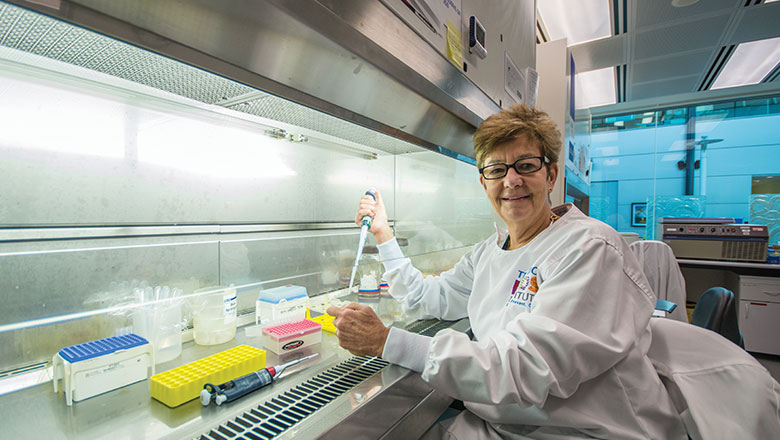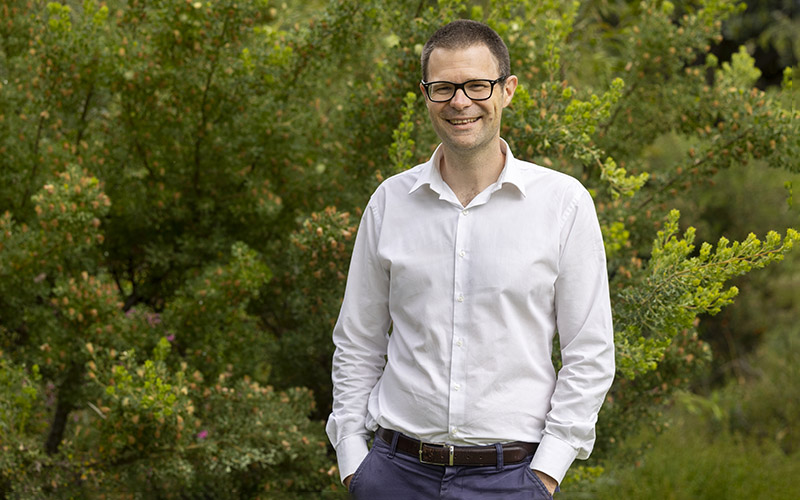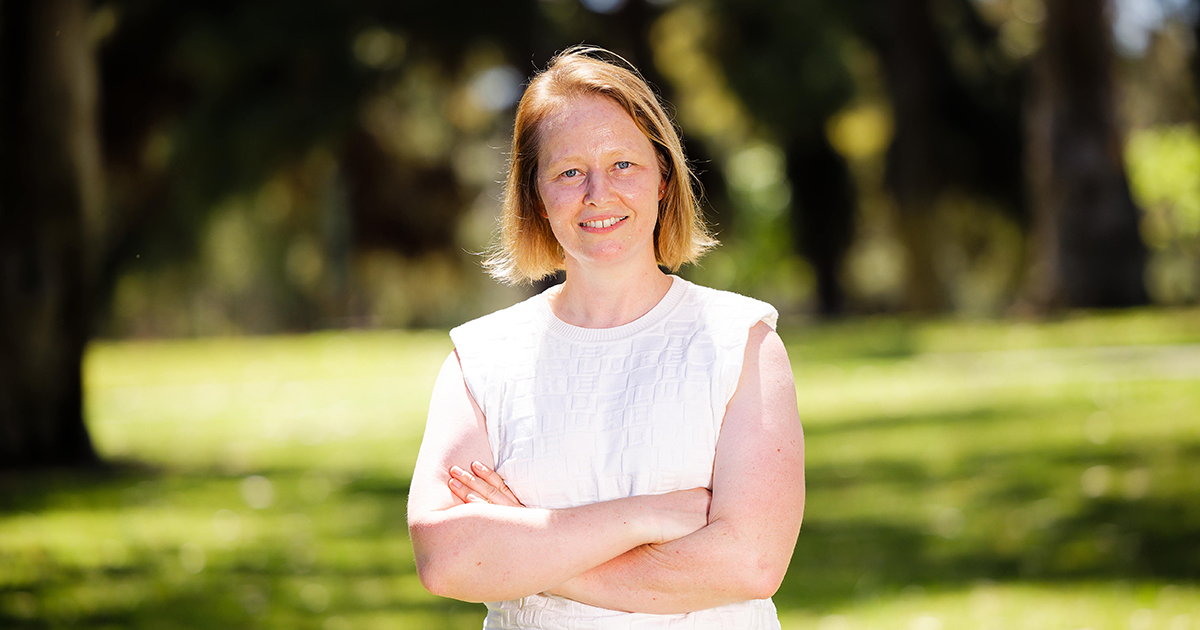Search
Showing results for "Professor"

News & Events
The benefits of UV exposureFor decades Australians have been told to minimise sun exposure to prevent skin cancer.

News & Events
Sun safe: balancing the risks and benefitsThe D-Light program, set up in 2014, aims to shed light on the amount of sun exposure that will promote good health in children and adolescents.
Research
The PneuCaPTIVE studyChristopher Deborah Blyth Lehmann MBBS (Hons) DCH FRACP FRCPA PhD AO, MBBS, MSc Centre Head, Wesfarmers Centre of Vaccines and Infectious Diseases;
Research
Multiomic neuropathology improves diagnostic accuracy in pediatric neuro-oncologyThe large diversity of central nervous system (CNS) tumor types in children and adolescents results in disparate patient outcomes and renders accurate diagnosis challenging. In this study, we prospectively integrated DNA methylation profiling and targeted gene panel sequencing with blinded neuropathological reference diagnostics for a population-based cohort of more than 1,200 newly diagnosed pediatric patients with CNS tumors, to assess their utility in routine neuropathology.
Research
Oscillometry and spirometry are not interchangeable when assessing the bronchodilator response in children and young adults born pretermThe European Respiratory Society Oscillometry Taskforce identified that clinical correlates of bronchodilator responses are needed to advance oscillometry in clinical practice. The understanding of bronchodilator-induced oscillometry changes in preterm lung disease is poor. Here we describe a comparison of bronchodilator assessments performed using oscillometry and spirometry in a population born very preterm and explore the relationship between bronchodilator-induced changes in respiratory function and clinical outcomes.
Research
Safety, tolerability, and immunogenicity of V114 pneumococcal vaccine compared with PCV13 in a 2+1 regimen in healthy infants: A phase III study (PNEU-PED-EU-2)This phase III study evaluated safety, tolerability, and immunogenicity of V114 (15-valent pneumococcal conjugate vaccine) in healthy infants. V114 contains all 13 serotypes in PCV13 and additional serotypes 22F and 33F.
Research
End-inspiratory molar mass step correction for analysis of infant multiple breath washout testsWe aimed to evaluate the use of the EIMM-step method in a broad range of infants.

News & Events
Introducing the CliniKids Autism Seminar Series!The Kids Research Institute Australia’s CliniKids is excited to introduce an online autism seminar series in 2024, designed to inform families, clinicians and educators about the latest autism topics and research.
Research
Optimising influenza vaccine uptake in children with medical comorbiditiesChristopher Hannah Blyth Moore MBBS (Hons) DCH FRACP FRCPA PhD OAM BSc (Hons) GradDipClinEpi PhD Centre Head, Wesfarmers Centre of Vaccines and

News & Events
Major grant supports innovative infant lung health studyA ground-breaking global clinical trial to improve the lifelong lung health of children born extremely prematurely has been awarded a Medical Research Future Fund (MRFF) International Clinical Trials Collaborations Grant totalling almost $3 million.
